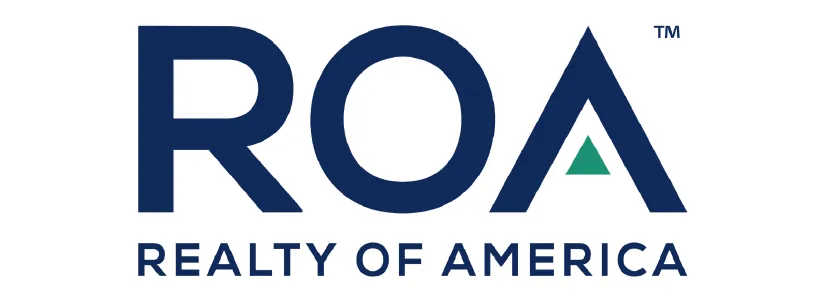
San Diego’s High-End Real Estate Broker for Buyers, Sellers and Investors
Helping families build a better future—one home at a time.
San Diego’s High-End Real Estate Broker for Buyers, Sellers and Investors
Helping families build a better future—one home at a time.

From Heartbreak to Homeownership

Gabe’s Mission
When Gabe Mendez was young, his mother—an immigrant from Mexico—lost their family home to predatory lending. That moment defined his future. Gabe turned his pain into purpose, dedicating his life to making sure families like yours never feel powerless again.
Since 2013, Gabe has become one of California’s top real estate professionals. But to him, it’s always been about people first, real estate second.
With over 350 homes sold and a loyal following of 190,000+ across social media, Gabe combines heart, hustle, and strategy to guide first-time buyers and sellers with care, clarity, and confidence.
SERVICES
How Gabe Can Help You?

Home Buying Assistance
First-time or first-generation? Gabe walks you through every step of the process—from finding the perfect neighborhood to handing you the keys.

Home Selling Services
Your home deserves top-dollar. With expert marketing and social reach of 100k to 1M+, Gabe ensures your listing gets the attention (and offers) it deserves.

Investment, VA, & Relocation Buyers
Whether you’re buying your 10th property, moving to San Diego, or using your VA benefits—Gabe’s done it all and has your back.
🏅 Certifications & Special Designations
Certified Residential Specialist® (CRS)
Seller Representative Specialist (SRS)
Seniors Real Estate Specialist® (SRES®)
Certified Real Estate Brokerage Manager (CRB)
Certified Commercial Investment Member (CCIM)
Certified International Property Specialist (CIPS)
Broker Price Opinion Resource (BPOR)
e-PRO® Digital Marketing
Home Finance Resource (HFR)
⭐ Why People Trust Gabe?
✅ 12+ Years Experience
✅ Over 350 Homes Sold
✅ Social Media Reach of 190,000+
✅ #1 Agent in California - Realty of America
✅ #2 Team Statewide
✅ 5-Star Rated Across All Platforms
✅ Known as “That Realtor They Told You to Ask For”
📍 Areas Served
San Diego
Chula Vista
La Jolla
Temecula
Riverside County
Surrounding areas
What Clients Are Saying:
Let’s Make Your Move Happen!




Facebook
Instagram
LinkedIn
Youtube
TikTok